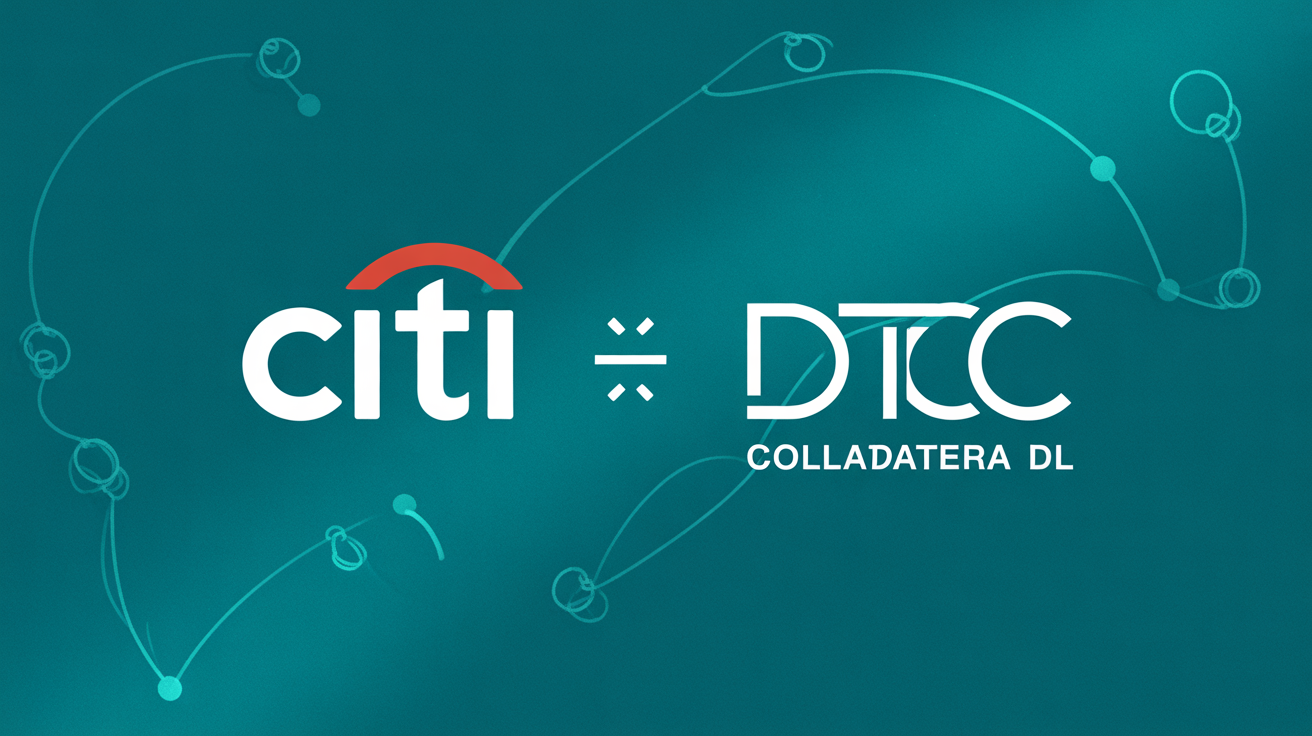S&P Global Assigns B- Rating to Strategy, First-Ever Bitcoin Treasury Company to Receive Credit Grade
S&P Global Ratings has assigned a B- rating to Michael Saylor’s bitcoin-focused firm, Strategy (MSTR), marking the first time a Bitcoin treasury company has received an official credit grade from a major rating agency.
While the milestone highlights growing institutional recognition of bitcoin-based balance sheets, the B- rating places Strategy deep in speculative territory, often referred to as “junk” status. S&P cited high financial risk tied to the company’s bitcoin-heavy model and limited cash generation capacity.
Under S&P’s scale, a B rating reflects “speculative credit quality with increased default risk.” A B- indicates slightly higher risk but remains above the lowest non-investment grades.
Once an enterprise software business, Strategy has transformed into a publicly traded bitcoin holding vehicle, using nearly all free cash to buy BTC and funding these purchases through convertible debt, preferred stock, and new equity issuance.
Executive Chairman Michael Saylor called the rating a milestone for bitcoin finance, noting that “Strategy is now the first bitcoin treasury company rated by a major credit agency.” Others echoed that sentiment, with KindlyMD CEO David Bailey suggesting the move signals rising market demand for crypto-backed treasury structures.
S&P Warns of Liquidity and Balance Sheet Risks
As of mid-2025, Strategy’s bitcoin holdings were valued at roughly $70 billion, compared with about $15 billion in total debt and preferred equity. Despite that asset base, S&P highlighted the company’s thin cash reserves and minimal earnings from its software business, which remains roughly breakeven. From January to June 2025, Strategy reported negative $37 million in operating cash flow.
S&P warned that the firm’s “currency mismatch” — bitcoin assets versus dollar-denominated debts and dividends — could expose it to liquidity stress if BTC prices fall or market appetite for its securities weakens.
The rating agency also excluded bitcoin from its equity calculations due to its volatility and lack of correlation with traditional assets, leaving Strategy with negative total adjusted capital on paper despite its large crypto holdings.
Another challenge lies in its $640 million in annual preferred stock dividends, which the company plans to cover through new equity issuance rather than selling bitcoin. Deferring payments would trigger governance penalties and higher accrued interest.
Stable Outlook Reflects Market Access and Debt Management
Despite its concerns, S&P gave Strategy a stable outlook, noting the company’s track record of refinancing debt and maintaining capital market access. Its next major maturity date isn’t until 2028, providing near-term flexibility — assuming bitcoin prices remain strong.
S&P said it could downgrade the firm if funding access tightens or repayment risk rises, while an upgrade would depend on improved dollar liquidity and lower reliance on convertible debt.
The agency concluded that Strategy’s credit profile remains tightly linked to bitcoin’s performance, meaning volatility in BTC will continue to drive its credit standing.
Shares of MSTR rose 3% on Monday alongside bitcoin’s weekend rally to $115,500.




























